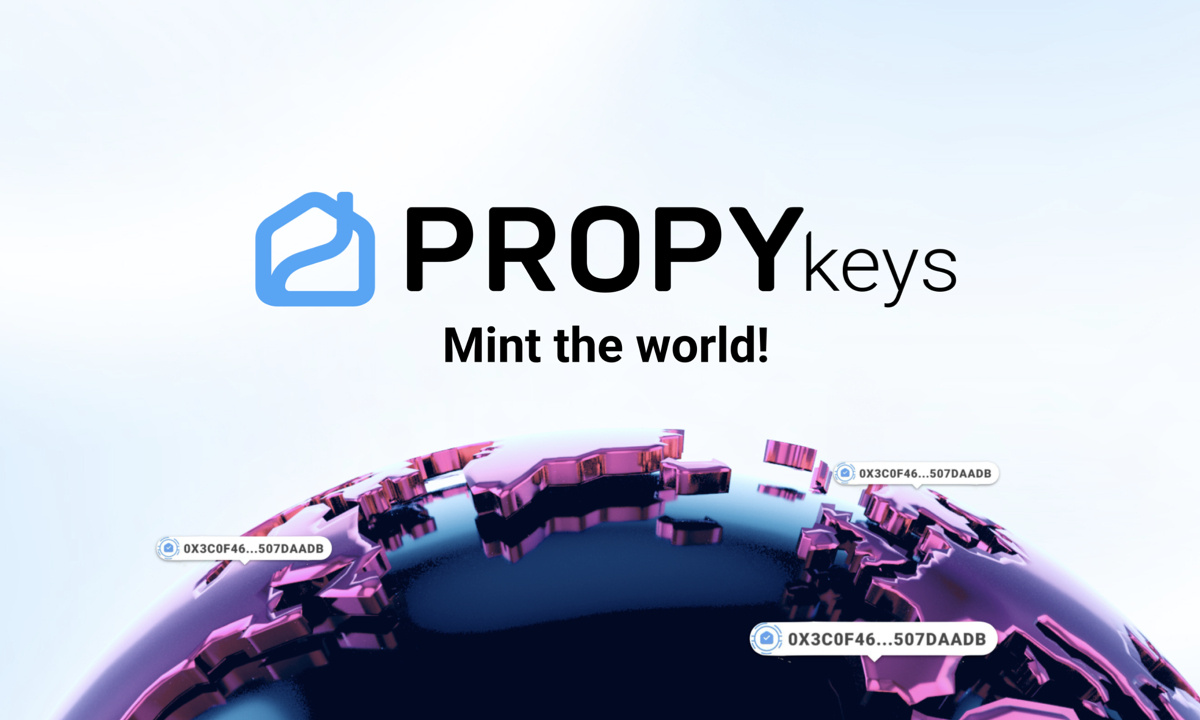Table of Contents
- BitTorrent is changing today's content distribution landscape
- A closer look at BitTorent’s technical capabilities
- Decentralization is the future
The global content distribution ecosystem has transformed quite radically over the past decade, especially with problems relating to illegal data sharing and consumer privacy gaining more and more mainstream traction in recent times. To this point, there has been a massive unearthing of evidence that clearly shows most mainstream tech giants have continued to indulge in nefarious data-sharing methodologies time and again.
To put things into perspective numerically, just earlier this year in January, France’s Data Protection Authority (CNIL) slapped a $165 million and $65 million fine on Google and Facebook (now Meta) respectively for violating the country’s digital legislation, especially those rules pertaining to the collection and utilization of cookies.
And, that’s just the tip of the iceberg because a couple of years ago, Facebook was once again ordered to pay a total of $550 million for violating Illinois’ Biometric Information Privacy Act, while video-focused social networking platform TikTok had to shell out a cool $92 million in relation to a class-action lawsuit that alleged the platform been collecting and sharing personal data from its users and sharing it illegally with third parties with any sort of consent.
BitTorrent is changing today's content distribution landscape
The rise of blockchain technology has resulted in more and more people quickly realizing that their personal data no longer has to remain at the mercy of traditional tech entities. Instead, thanks to the use of decentralized ledgers, it is possible for data to be shared in a manner that is not only decentralized but also safe and transparent.
In this regard, BitTorrent is a blockchain-based data-sharing ecosystem that is localized in its governance structure such that no one individual/entity has control over the platform. From a technical standpoint, while most blockchain ecosystems today suffer issues like high gas fees, poor transaction throughput capacities, high migration costs, lack of interchain interoperability, and low horizontal/vertical scalability, BitTorrent bypasses all of these issues, thanks to its future-ready infrastructure.
Numbers-wise, the platform offers extremely high network relay speeds of 7,000+ transactions per second (TPS), a figure that is extremely lofty when compared with those of rival mainstream projects such as Ethereum, Polkadot, Cardano, Avalanche, Binance Smart Chain that offer rates of 30, 1000, 250, 4500, 15 transactions per second respectively.
Additionally, while it is extremely difficult to transfer smart contracts — algorithms that are designed to execute when certain predetermined conditions are met — from one blockchain to another typically, BitTorent allows for a “one-click migration” of its contracts, thus allowing for a high degree of platform interoperability. In this vein, it should also be noted that the ecosystem features seamless cross-chain compatibility with Ethereum, TRON and BSC while offering extremely low gas fees (< $0.01) and quick finality times (< 3s).
A closer look at BitTorent’s technical capabilities
In addition to all of its aforementioned advantages, the ecosystem also comes replete with a standout feature referred to as the BitTorrent File System (BTFS), which as the name suggests, is a next-generation decentralized storage system designed primarily for web 3.0 applications. To elaborate, BTFS provides clients with a highly reliable decentralized storage service thanks to its reconstructed smart contract framework (which has been built atop BTTC, ETH, TRON). The platform is highly scalable while also offering low usage costs and high security.
Lastly, BitTorrent’s conviction towards continued blockchain innovation is bolstered by the fact that the platform recently made its foray into the non-fungible token (NFT) sector. In this regard, the project is going to underlie a new NFT marketplace operating on the Tron and Ethereum chains called APENFT. It is being reported that BitTorrent will be providing its file system services to register the marketplace’s NFTs securely.
Decentralization is the future
The last couple of decades have seen a shrinking list of major financial entities (six, to be exact) continue to consolidate their hold over the world’s combined media/entertainment output. As a result of such rapid data centralization, more and more people are turning towards decentralized alternatives such as BitTorrent so as to share their digital data without the fear of any third-party interference. Thus, it will be interesting to see how this space continues to evolve from here on out.
Disclaimer: This article is provided for informational purposes only. It is not offered or intended to be used as legal, tax, investment, financial, or other advice.













